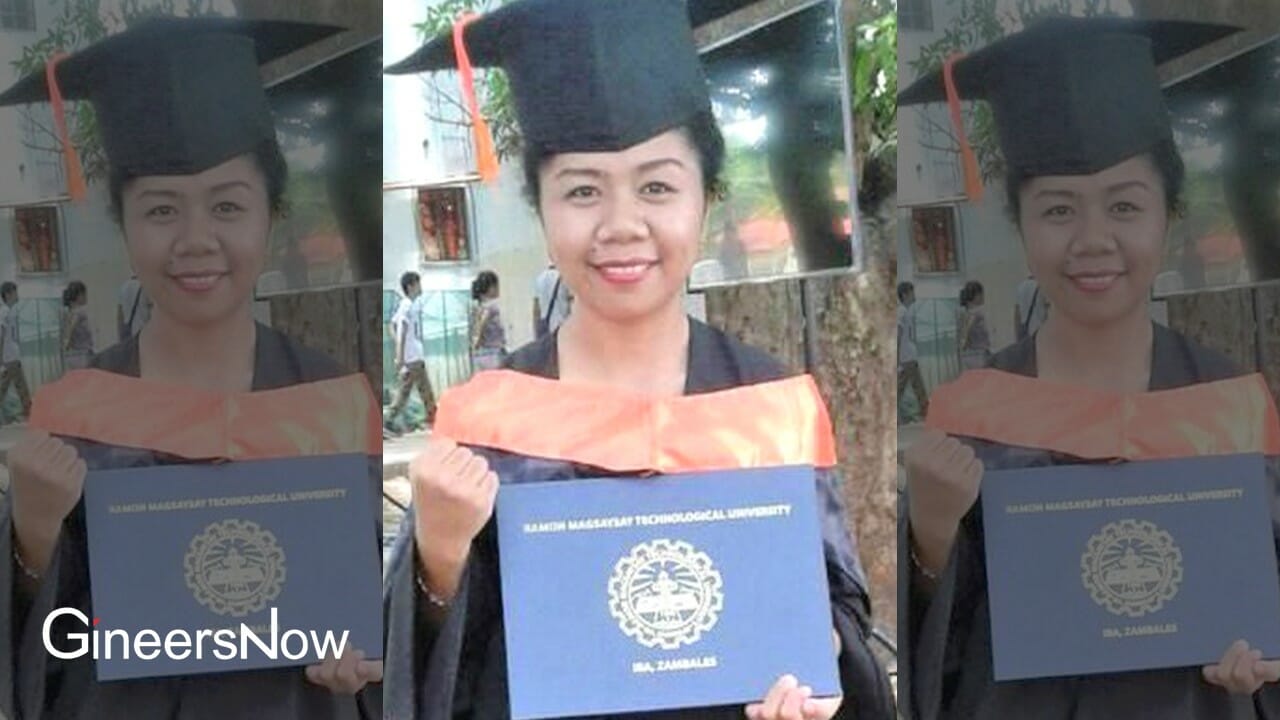The reason why IRENA made its study in the Philippines is because of the country’s demand for electricity is on a steady rise while the generating capacity lags behind. To provide households the electricity, the government is constrained to implement rolling blackouts in some regions. By 2030, the demand for electricity is projected to reach 30 million kilowatts as compared to 17 million kilowatts which is its current generating capacity.
One of the country’s biggest conglomerations, San Miguel Corporation is accountable for almost 20% of power output. It has power plants that has a 900,000-kW generation capacity. Another corporation in the energy sector, Aboitiz Power, has augmented its facilities as well to keep up with the demand. As a matter fact, even foreign players such as Tokyo Electric Power and Marubeni, as a result of the gradual privatization of the power industry which started in 2001, have built power plants in the country yet the power supply remains short.

And so, the IRENA came up with the study entitled “Accelerating the Deployment of Renewable Energy Mini-Grids for Off-Grid Electrification – A Study on the Philippines” to provide a clearer picture of what the current state of the crisis is and lay out possible solutions. It showed that as of 2016 the Philippines has approximately 2.3 million households without electricity. With only 89.6 percent of household electrification, that leaves about 2.36 million homes either with limited power of four to six hours each day or totally without electricity.
By the end of 2017, the Philippine government will have provided 90% of Philippine households with electricity. It is worth mentioning that in 2014, the National Capital Region together with two other regions had received 90 percent electrification. However, some areas are still unable to access power that’s within or above the national average.
IRENA’s study has become a source of valuable information and analysis to the Philippines’ power systems and identified ways on how to surmount the challenges involving power systems decentralization specifically those mini-grids which are either powered in parts or in full by renewable energy resources.
This, however, does not discount the fact that providing electricity in every household still is an on-going struggle. Considering that the Philippines is an archipelago, providing enough, dependable, and clean modern energy to the entire country, including the remote and isolated islands is difficult. The onset of renewable energy is a viable and cost-effective option to support the implementation of mini-grids.
The study enumerated five recommendations, to wit:
Define roles and responsibilities to remove overlapping roles
It is important to deal with functions and accountabilities to acknowledge stakeholders’ roles and to define private-sector boundaries.
Undertake comprehensive and strategic planning for total electrification
Missionary electrification development, stronger coordination among relevant agencies matters specially grid and off-grid development efforts. More than mentioned, considerations as to resource utilization, especially renewable energy are also important.
Establish a clear policy approach for mini-grids
In this way, introduction of a graduation policy can be made. In addition, it will be for the universal charge for missionary electrification entitlement.
Revise regulatory approach for mini-grid projects
To remove existing barriers and facilitate smooth entry in the market, practice of streamlining processes must be considered. Updating procurement rules, and improving tariff determination procedures must be taken seriously.
Increase project development and execution
Support for more accessible financing, and promotion and understanding of renewable energy by all stakeholders.
Click here to read more articles related to this.
Click here to follow our LinkedIn Page.












